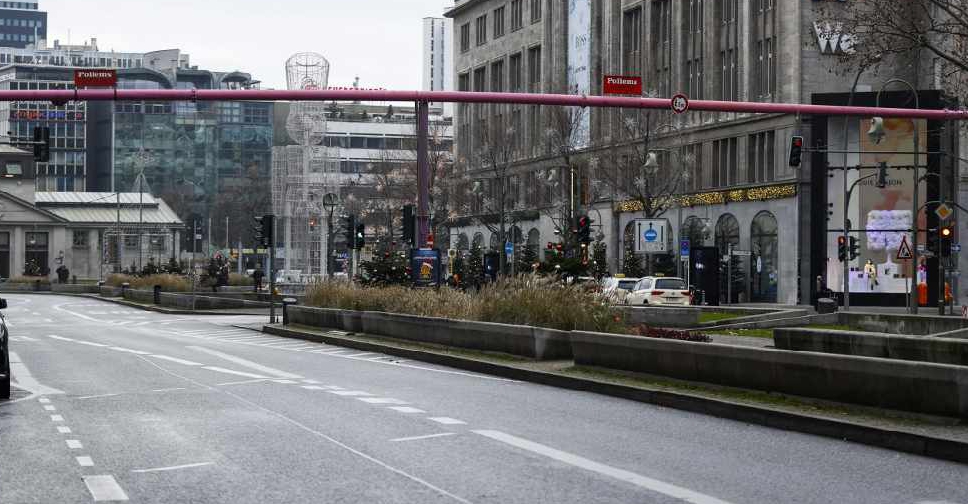
Germany entered a strict lockdown on Wednesday in an effort to get soaring coronavirus cases under control as the number of registered deaths from COVID-19 jumped by 952, the highest daily increase yet.
Fears that the pandemic is spiralling out of control in Germany, Europe's biggest economy, prompted Chancellor Angela Merkel and the 16 state governors to announce on Sunday a tough lockdown until January 10 at the earliest.
Shops and schools will stay shut from Wednesday in a pre-Christmas tightening of restrictions following a partial lockdown in November, which closed bars and restaurants but failed to contain a second wave of the pandemic.
Germany was more successful than many European countries in keeping the coronavirus under control in the first wave in the spring but the situation looks very different now.
The Robert Koch Institute for infectious diseases put the number of confirmed coronavirus cases at 1,379,238, an increase of 27,728. The total death toll in Germany is at 23,427.
The previous highest daily increase in deaths was 598 on Friday.
Merkel told lawmakers on Tuesday she was worried by the coronavirus trend and warned them that January and February would be very tough months.
Germans are waiting for regulatory approval for a vaccine partly developed in Germany even as other countries, including Britain and the United States, are rolling it out.
Health Minister Jens Spahn has said Germany should start giving coronavirus shots 24 to 72 hours after the vaccine by BioNTech and Pfizer gets EU approval and could begin as soon as Christmas. European authorities are expected to approve the vaccine next week.

 Iranian President Raisi killed in helicopter accident, state media says
Iranian President Raisi killed in helicopter accident, state media says
 ICC prosecutor seeks arrest warrants for Israeli, Hamas leaders
ICC prosecutor seeks arrest warrants for Israeli, Hamas leaders
 Assange given permission to appeal against US extradition
Assange given permission to appeal against US extradition
 Israel intends to broaden Rafah sweep, Defence Minister tells US
Israel intends to broaden Rafah sweep, Defence Minister tells US
 New Taiwanese president calls on China to stop threats
New Taiwanese president calls on China to stop threats



